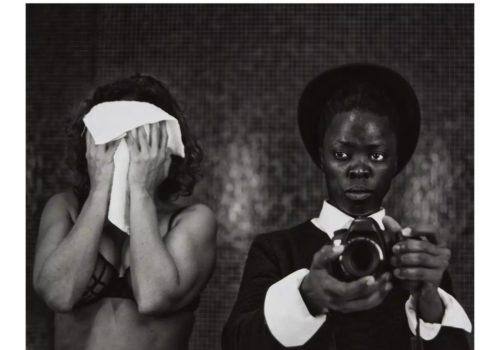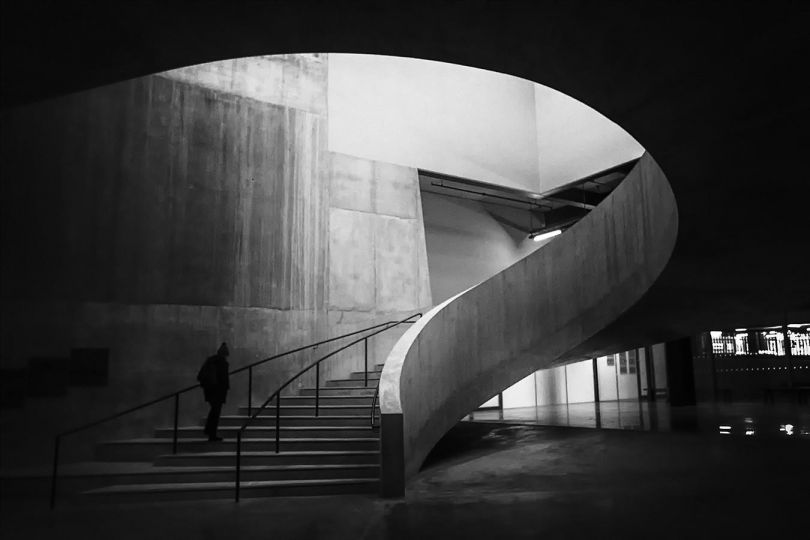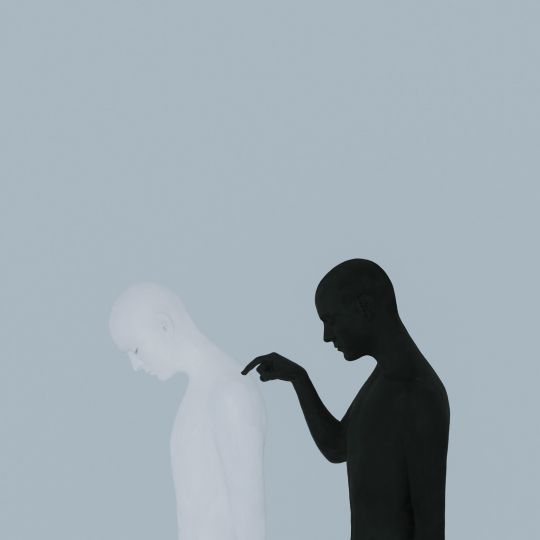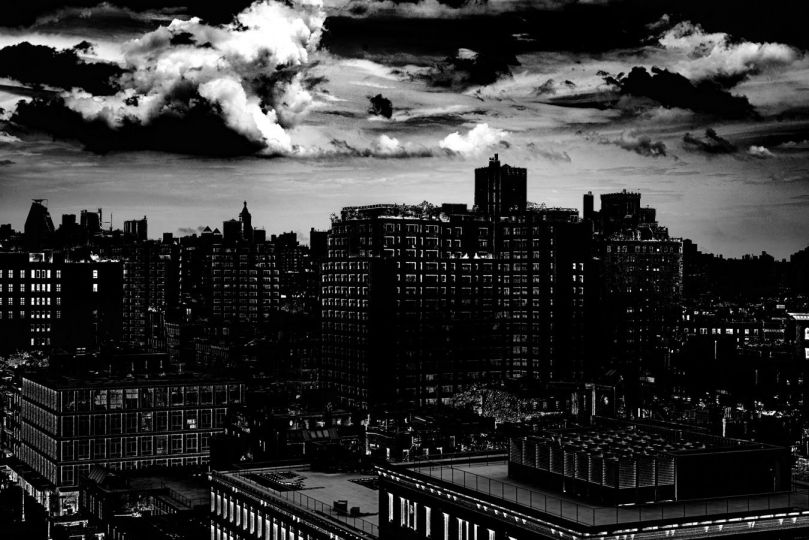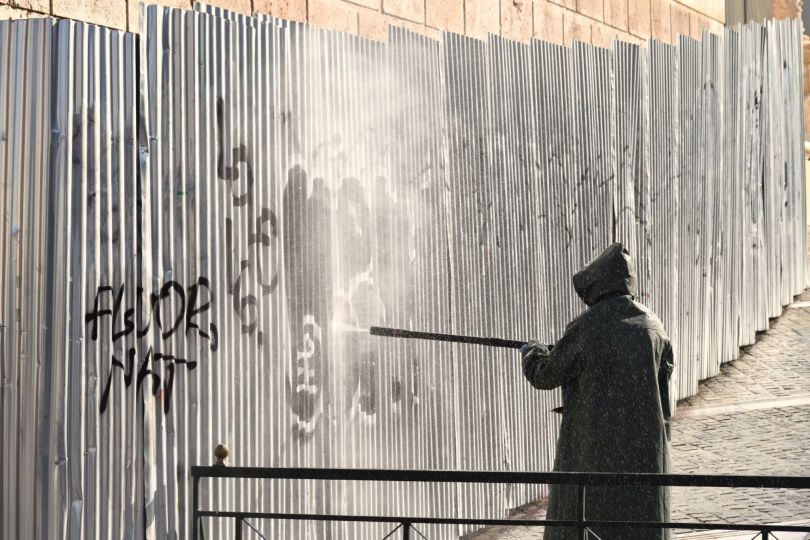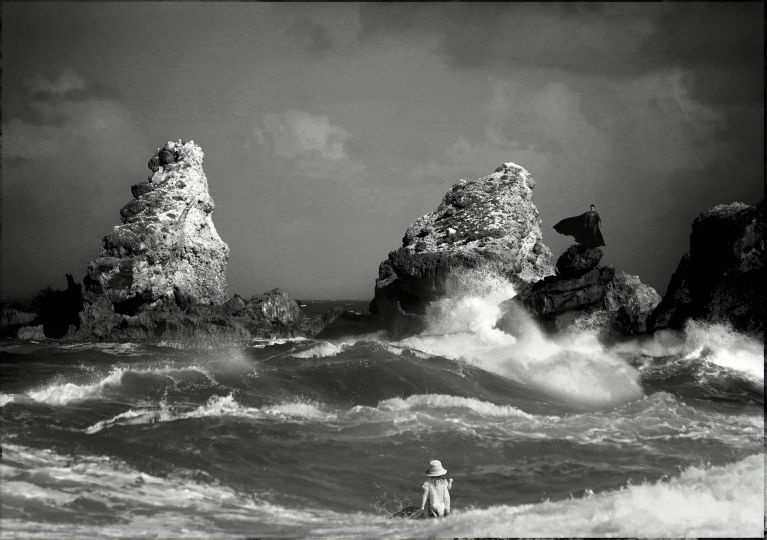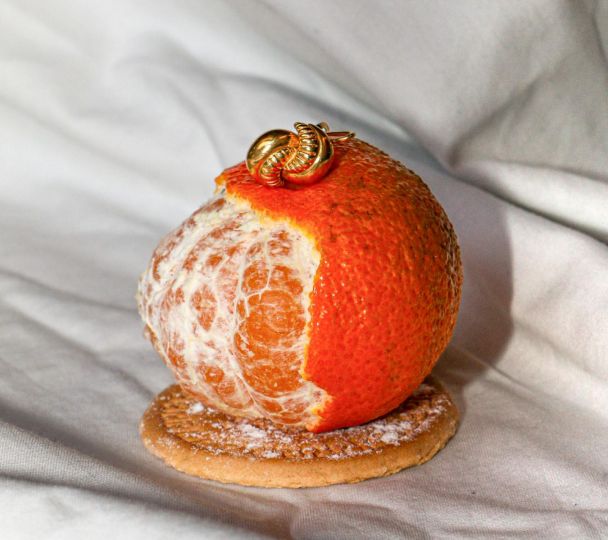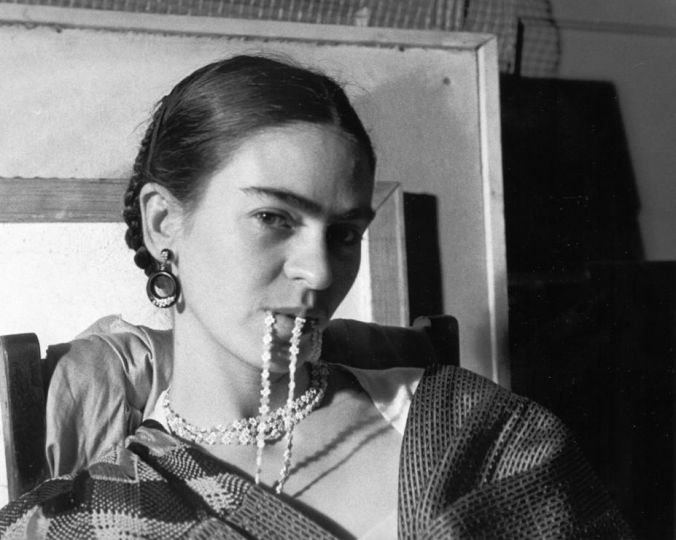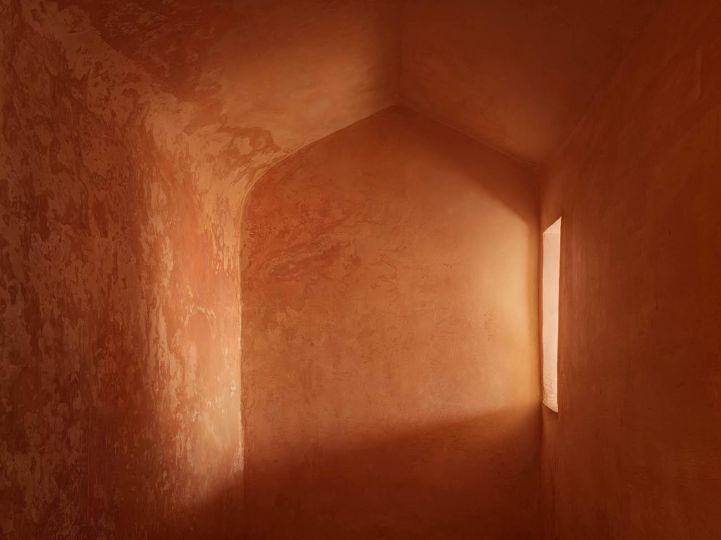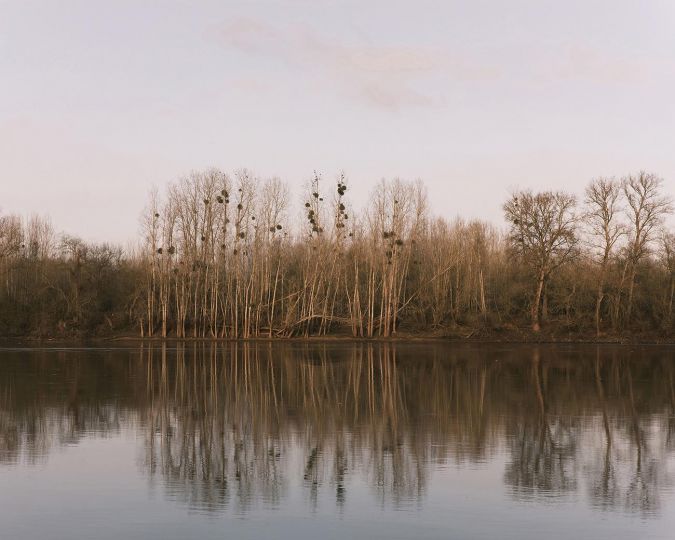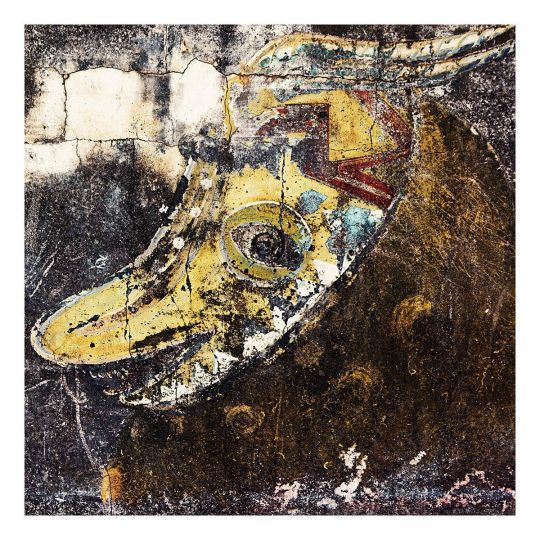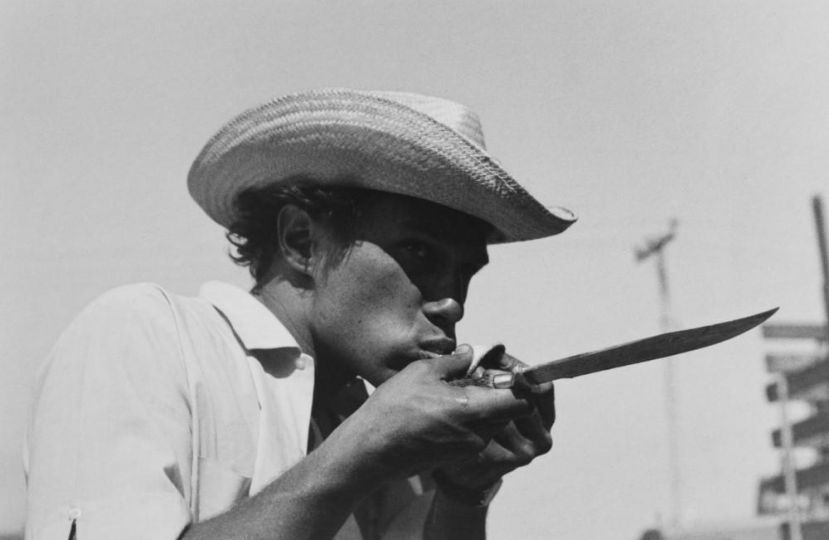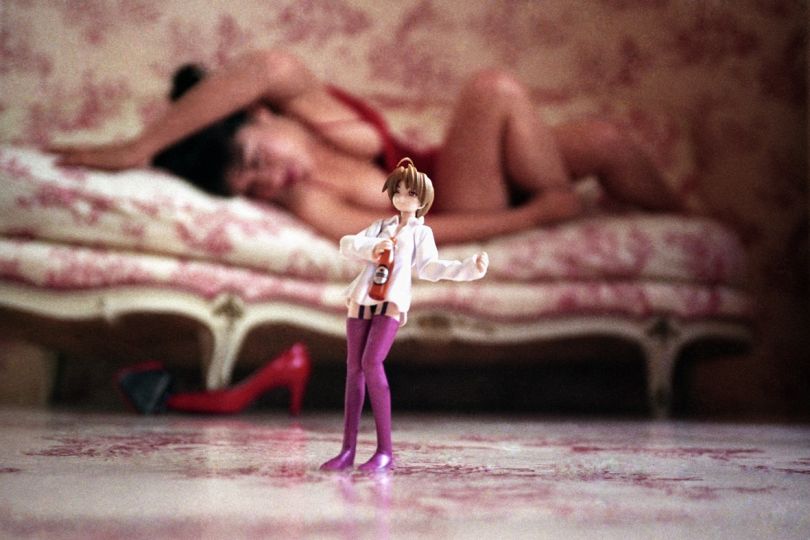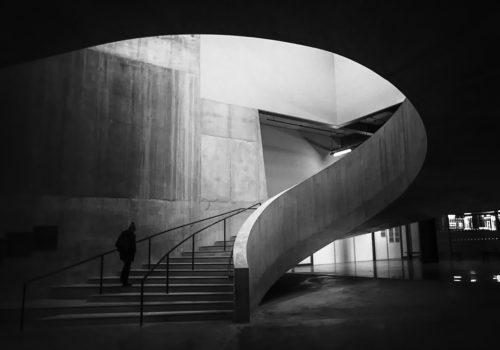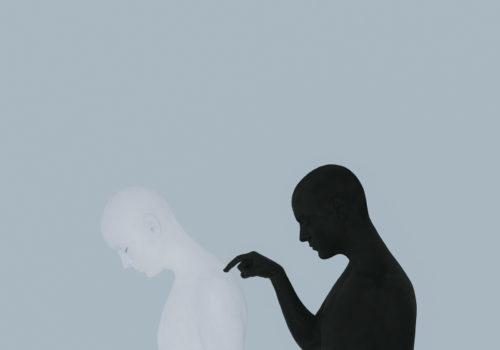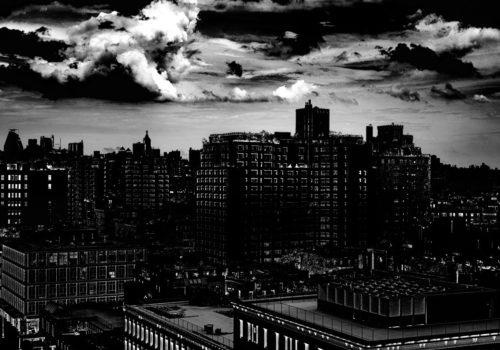For a little over a decade, the South African scene is undoubtedly the richest and most dynamic on the African continent and is of major importance on the scale of the art world. Due to the political context in South Africa, black artists have been ignored for too long. The Maison des Arts has chosen to give the floor to four of them: Leila Rose Fanner, Lindokuhle Khumalo, Morgan Mahape and Zanele Muholi.
Zanele Muholi is a photographer and « visual activist ». They live and work in Johannesburg, Gauteng Province. Born in 1972 in Umlazi, township of Durban (province of KwaZulu-Natal), he is undoubtedly the most famous contemporary artist in South Africa, exhibiting all over the world and receiving numerous awards. . They trained in photography between 2002 and 2004 at the Market Photo Workshop, the school founded by David Goldblatt for young people from disadvantaged neighborhoods in Johannesburg. In 2004, he worked for Behind the mask, a magazine dedicated to LGBTQIA+ issues in Africa and presented his first Visual Sexuality exhibitions. Only Half the Picture and Is everybody comfortable?, which attracted national media attention. In 2009, he completed a master’s degree specializing in documentaries at Reyerson University in Toronto (Canada). Since 2006, they have been conducting artist residencies around the world. Also wishing to promote the local art scene, in 2019 they produced the Ikhono LaseNatali project, a commission from more than 25 young artists from KwaZulu-Natal to perform one of their series and created in 2022 the Muholi Art Institute, an itinerant artistic institute composed young artists. For iel, « photographing is not a luxury, it’s a necessity. »
They have indeed set themselves the task of documenting and archiving the lives and struggles of black and LGBTQIA+ communities by evoking, in the genre of portraiture, the fate of black South African women workers, all types of violence and questions of identity, mainly through the medium of photography, but also calligraphy, installation and, more recently, sculpture and painting. They lead a fight against racism, discrimination and all forms of inequality in post-apartheid South African society by writing « a visual history of South Africa […] » from which the black and LGBTQIA+ to which they belong. Art and activism are thus intrinsically linked in Zanele Muholi’s approach. In 2002, he co-founded the Forum for the Emancipation of Women (FEW in English), ensuring black lesbians better access to healthcare, education, employment and housing, then designed Inkanyiso four years later, an associative project combining art and activism. Alongside his work as a documentary filmmaker, his photographic weapon is organized into series. After « Only Half the Picture » devoted to survivors of hate crimes in South Africa (between 2002 and 2006), they developed at the same time « Faces and Phases », a gallery of portraits of black South African lesbian women often at different times in their life and « Being », testimonies of moments of intimacy and routine of couples (since 2006), « Somnyama Ngonyama » [« Hello to you, Black Lioness » in Zulu], a series composed of self-portraits (since 2012) and « Brave Beauties », a collection of portraits of trans women and non-binary people (since 2014). Through the documentary dimension of his works, he is close to the committed South African photographers David Goldblatt, Ernest Cole, Peter Magubane and Alf Khumalo. With the Somnyama Ngoyama series presented in the exhibition, to which we can associate the self-portrait sculpted in bronze and the one painted exceptionally in monochrome, Zanele Muholi turns the lens towards himself, in particular to relieve himself of his own suffering. There is an undeniable cathartic dimension in this work. All the titles of the works are in isiZulu, his mother tongue, as an affirmation of the existence and identity of the artist. But if they speak to us of the intimate, these works also have a universal scope.
They challenge the stereotype of « black beauty » – the question of hairstyle comes up frequently – and questions the fragility of bodies: « I try to create portraits without hypersexualizing my body, just to say « I have a voice, I have authority and freedom over my body ». They take on the roles of real, close (for example his mother, Bester Muholi, all his domestic life in white families), historical or imaginary characters (like the Statue of Liberty). They don various costumes and decontextualized everyday accessories, summoned to symbolize the enslavement and repression of the black community. The meaning of these objects is not always immediate for the spectator or differs according to the viewers: they are for example often entangled in various kinds of cables evoking the torture known as « the tire », a technique of lynching sadly popular in South African townships during the 1980s. Zanele Muholi’s works are thus a political statement by the artist: « Somnyama Ngoyama is my response to the ongoing racism and politics of exclusion. As a series, it also speaks of the occupation of public space to which we, as a black community, did not have access before […] ». Stylistically, Zanele Muholi’s monochrome self-portraits are strikingly aesthetic. Powerful and captivating, they are always frontal, framed at equal distance and bust, in a classism inherited from the history of Western painting and photography such as August Sander (see his unfinished project Men of the 20th Century) and Nan Goldin (in The ballad of sexual dependency). They also play with colonial ethnographic imagery that anonymized black people in the 19th century and during Apartheid. To serve her purpose, her stagings are minimal and perfectly studied, the details sharp, the blacks and whites strongly contrasted (she never paints her face) and the lighting neat. What remains in memory after seeing the works of Zanele Mholi is a look. The intense gaze of the artist, which sucks us in, questions us and seeks confrontation. Zanele Muholi forces us not to look away from the weight of what they and their community endure on a daily basis. They thus make visible the invisibilization and systemic marginalization, they repair for future generations.
March 1 – April 30, 2023
Maison des Arts
20 rue Velpeau 92160 Antony
www.maisondesarts-antony.fr
Free admission // Tuesday to Friday noon-7 p.m. / Saturday and Sunday 2 p.m.-7 p.m. / Closed on public holidays / RER B Station Antony

